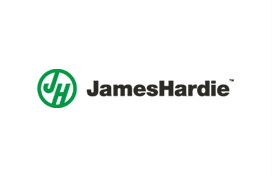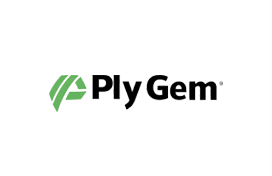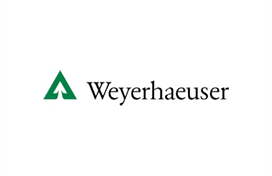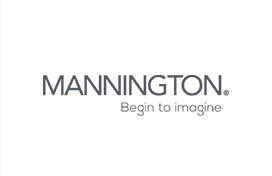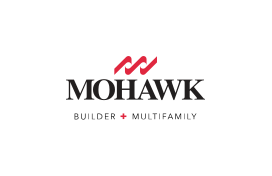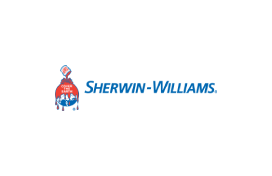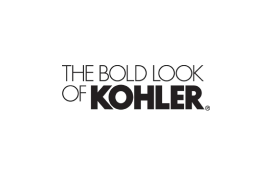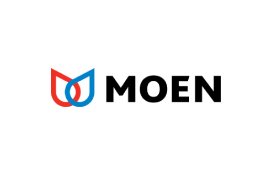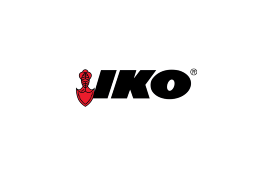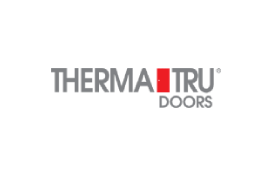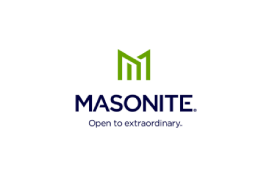What is it?

When you hire a new custom home builder or general contractor, you sign a construction agreement for specific services defined in a written contract. This contract spells out the scope of work, materials, and components to be used or added, as well as how the contractor will be compensated for their services.
The two most common building agreements are the “Fixed Price” agreement and the “Cost + Plus” agreement.
Here at Diggs, we offer a new exclusive hybrid construction agreement called “Cost-Plus with Contingency.” Our innovative building system gives you the financial planning perks of a “Fixed-Price” agreement with the transparency benefits of a “Cost Plus” agreement.
Here is the breakdown of what each agreement includes, including our hybrid agreement:

Fixed Price Agreement
Pros
You will know upfront what the home’s cost will be – in theory. The house price appears to be very low and is guaranteed by the builder.
Homebuilders appreciate this agreement since it guarantees a minimum payment for custom-built homes.

Cons
Escalation/De-escalation
If you read the fixed price agreements, you will find that it includes an escalation clause to protect the custom home builder if prices go up. However, there is no de-escalation clause to decrease your fee if material costs decrease: the difference turns into profit for the general contractor.
Overcharging On Supplies
Commodities may fluctuate during the building process. Tariffs on imports change, suppliers go out of business, or the homebuilders may switch vendors for better-priced materials and components.
Custom home builders significantly cushion the material and supply costs to protect themselves from price increases. If there is no price increase, the money stays in the builder’s pocket instead of returning to the customer.
Overcharging On Labor
Labor shortages and resulting delays add to the overall cost of building a home. More and more people move to the Pacific Northwest, increasing the demand for new houses, and the skilled labor workforce is strained. Therefore, home buyers and general contractors are left with home building jobs that are sold but not started.
Custom home builders mitigate the increased cost of skilled labor and differ that risk to the homeowner. Instead of increasing the base house price, they make up the difference with overpriced upgrades or change order fees. Besides, they get monetary kickbacks and discounts if you use their preferred subcontractors, permitting, or other services during the building process. However, the customer still pays the full price.
Quality of Materials and Labor
Fixed-priced builders buy low and sell high. The home price will not decrease even if the contractor opts to buy cheaper, lower-quality building materials. Although the home buyer may suffer from owning a house built with subpar materials, they do not get a say on the matter or save money in the process.
Most fixed-priced builders are more concerned about the bottom line than quality. The less they pay for labor and materials, the more they make. You may not get what you thought you paid for.
Hidden Profits
Most home builders keep every invoice tucked away on their computer or filing cabinet. A builder’s profit is not shown explicitly and is often hidden in costs and charges. In reality, profit is not bad, but profit abuse and lack of transparency are problematic.

Typical Cost Plus Agreement
Pros
With a cost-plus agreement, pricing is transparent. You see every invoice and have a say in the working budget. You will benefit from any cost savings the builder discovers either in material changes or other means.
You will pay direct wholesale builders’ costs and an agreed fixed profit margin, so you are aware of the builder’s profit while building your custom design home. The builder is not inflating prices “in case” of unforeseen price increases.
Cons
Includes escalation and de-escalation provisions
Potential of cost over-runs

DIGGS EXCLUSIVE: COST + PLUS (FIXED PRICE WITH DE-ESCALATION)
Pros
With our agreement, you benefit from the financial planning perks of a “Fixed-Price” agreement and the transparency benefits of a “Cost Plus” agreement with a price de-escalation provision. The price will not escalate over the fixed price with typical unforeseen labor and material cost over-runs. There are no hidden profits. You see every invoice and nickel spent or saved, and you only pay the actual cost of the home at direct builder cost with an agreed-upon builder profit margin not to exceed the built-in contingency which is added to all displayed internet prices.

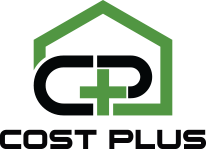
We provide a cost estimate plus a contingency reserve price – typically 5% to10% contingency - on the price to lock your loan. The cost over-run contingency covers any unexpected expenses – from the increased cost of materials to opting for higher-end components for a luxury home finish. Any extra cash left at the end of the project helps lower your principal loan amount. You have total control over the funds.
Cons
None!
Explanitory Discussion From The Builder
Cost-Plus, or Fixed Price, which is better?
This is a question that custom home buyers are asking every day. With price fluctuations that can range from thousands to tens of thousands of dollars, an educated custom home buyer needs to know exactly what they are getting into when they are interviewing prospective custom homebuilders. Let’s discuss the basis for each model, the different ways that some home builders manipulate these systems in order to increase profits, and examine the proper way to research the specific builders you are considering in order to avoid making a bad decision.
“Fixed Price” sounds safe, right? I mean, the price is fixed, so what could possibly go wrong? One common misunderstanding that many custom home buyers have found the hard way is that nearly all “fixed price” contracts have clauses and caveats attached that allow the builder to raise the price for dozens of reasons. Having to change from a certain material to another one due to a shortage, or availability issue, realizing a more difficult detail in the structure of the home than was originally known, having to use a new subcontractor that charges higher prices than planned, and just good ol material or labor price increases are typically all allowed to be added to the home buyers’ bottom line under most “fixed price” contracts. Homebuyers need to find out exactly what allowances the builder gives themselves within their contract. Just how “fixed” is the price in their contract. Homebuilders that use these “fixed price” contracts do so in order to keep the homebuyer’s eyes off of the books. They tout the “fixed price”, in order to get the sale, but allow themselves the ability to come back for more money as needed, all while not allowing the homebuyer access to the books. Why? Because construction is hard. There are thousands of parts and pieces and hundreds of people involved in a custom home building project. So, to protect themselves from the financial repercussions of oversights, market fluctuations, and their own mistakes, they keep the money hidden behind the shroud of the “fixed price” contract. How does the homebuyer know that a cost has gone up, or the subcontractor available is more expensive if the custom home builder will not allow them to see the original quotes or the actual invoices? The homebuilder could be trying to surreptitiously recover funds to cover a mistake or oversight behind the scenes. It may not even be something that happened on your project, but they see their best opportunity to recoup a loss for the company, so that’s what they do. It takes highly experienced, well-trained field management to avoid those issues, and many custom home builders, production home builders, and on your lot homebuilders refuse to invest the time or the money to find the very best project managers and superintendents in the market. You could have an ex-athlete or salesman, with minimal construction experience, who knows just enough to be dangerous and would rather relive his glory days than discuss framing details running your job, and as long as they can talk the game in the beginning, you won’t know until it’s too late. The price keeps inching up, the excuses keep coming, and the books remain closed. The homebuyer must ensure themselves that the contract their builder offers is one that meets their expectations for transparency and straightforwardness. The best way to do this is to ask the builder for a copy of their contract and fully read it, or even have an attorney review it, and if you are not going to be allowed access to the quotes, or invoices you better have supreme confidence in both the contract and the construction management team. Once the custom home buyer feels truly comfortable with the builder of their choice, they can move forward with confidence, and remove the stress and doubt surrounding costs, prices, and their builder’s integrity.
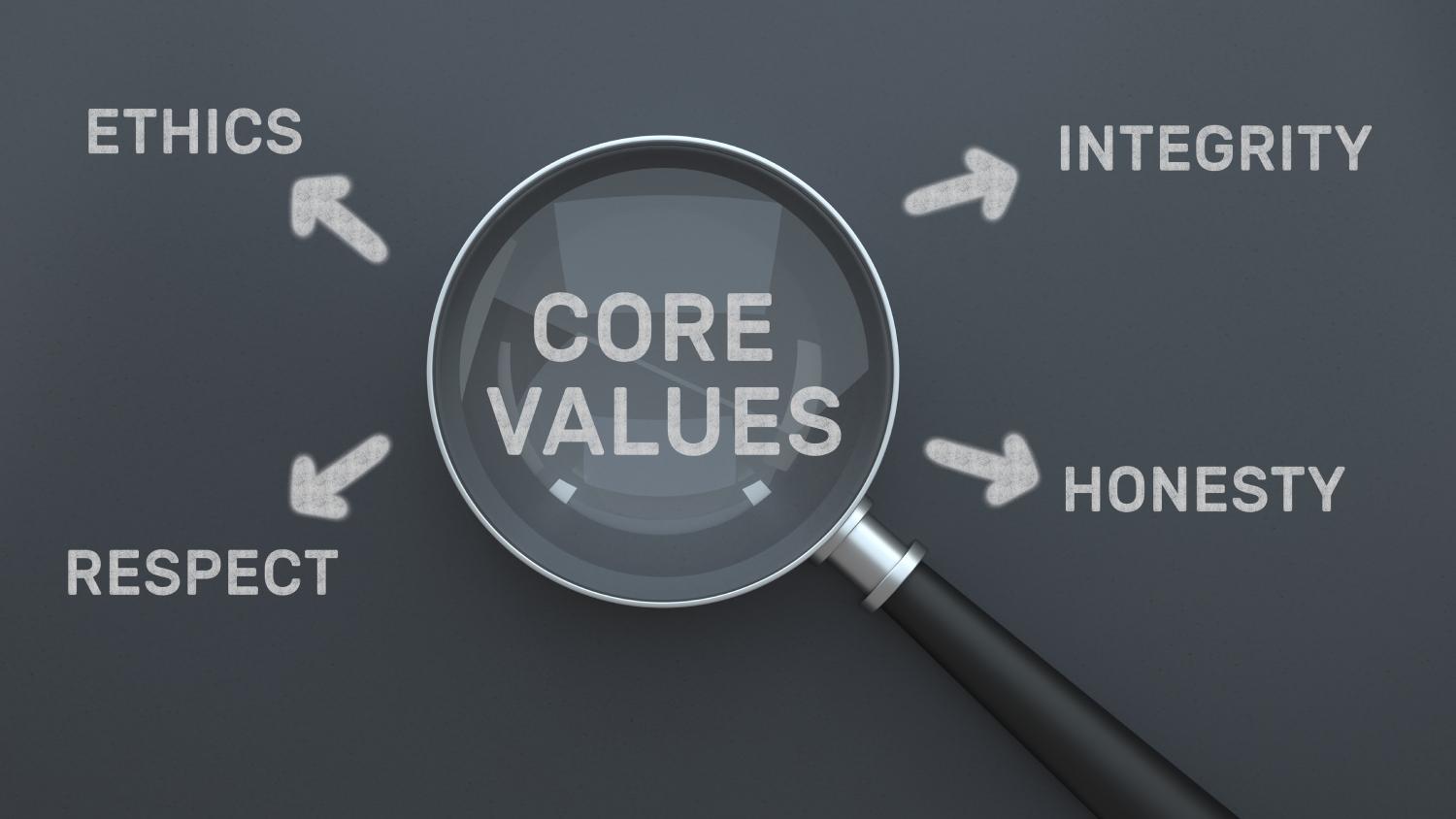
So now that we know the potential pitfalls of a “fixed price” custom home build. What about a Cost-Plus custom home build? First of all, the research and investigation into the contract, construction team, policies, and procedures should not change from one type of builder to another. The custom home buyer must do their homework in order to make the right decision, and move forward with peace of mind. That said, not all cost-plus homebuilders are created equal. Just because a builder says cost-plus, doesn’t mean that they will necessarily allow the client full access to the quotes and invoices that they receive for your project. This must be a point of emphasis for the custom home buyer, as transparency is key to peace of mind for the homebuyer and the bedrock of the best high-quality cost-plus builder’s business model. High-quality custom home builders that use the cost-plus system correctly offer full transparency, meaning that the clients get to see the initial quotes received from the subcontractors and vendors, along with the actual invoices when they are received after the work is complete. The educated homebuyer will already know and understand the agreed-upon builder profit margin, and can therefore verify that what they are paying is exclusively for the work that was also agreed upon, and not some other attempt to pad their wallet or recoup a loss. If the price goes down on a given item, the homebuyer will pay the new lower price, plus the same agreed-upon profit margin percentage, and that’s it. But what happens if it goes up? This is what all “fixed price” builders point to when buyers bring up the topic. Again, research is the key. Some cost-plus builders do not have a cap on the amount that the homebuyer has to pay. This is important for the custom home buyer to know and understand. The best high-quality custom home builders that use the cost-plus business model will offer an initial contract price that includes their builder cost (the cost of building the home before profit), along with the agreed-upon profit margin (which will be written directly into the contract), along with a contingency amount (typically 10%) to cover potential price increases. In the event that the project incurs enough cost overruns to exhaust that contingency, the homebuyer is no longer financially responsible for the increases, and the homebuilder will now absorb any further increases. The homebuyer gets the best of both worlds. The potential for prices to drop, and a cap on what the price can be in a worst-case scenario, all while being given full access to the quotes and bills throughout the project, enabling the custom home buyer to be confident of where their money is going, and why. How come all builders don’t do it this way? As we discussed before, custom home building is hard. It takes high-level staff, and top-of-the-line subcontractors for a custom home builder to have the confidence to open their books and offer true transparency. This is simply not an easy or inexpensive thing to achieve. The discerning custom home buyer will know to do all the research, ask all the questions, read and understand any contract that they might sign, and be able to move forward with confidence, and peace of mind as a result of having all the information, and full access to all the information throughout their project.
The bottom line
In summary, Diggs offers an exclusive hybrid of a fixed price and a cost-plus contract so you get the best of both worlds. Your contracted cost-to-build price is a fixed price and is the maximum price you will pay. We include an industry-first de-escalation clause, so if the price goes down, so does your price. If prices go up, you will not pay more than your agreed contracted cost-to-build fixed price. You get the peace of mind knowing the price will not exceed the fixed contract price, but if the market changes and material/labor costs go down, so does your final cost to build price and you will not be invoiced for the difference or if you were invoiced, you will receive a credit back. This is all in writing and spelled out in our contract. Our contract has been vetted and approved by dozens of customer attorneys and FDIC-insured banks.

